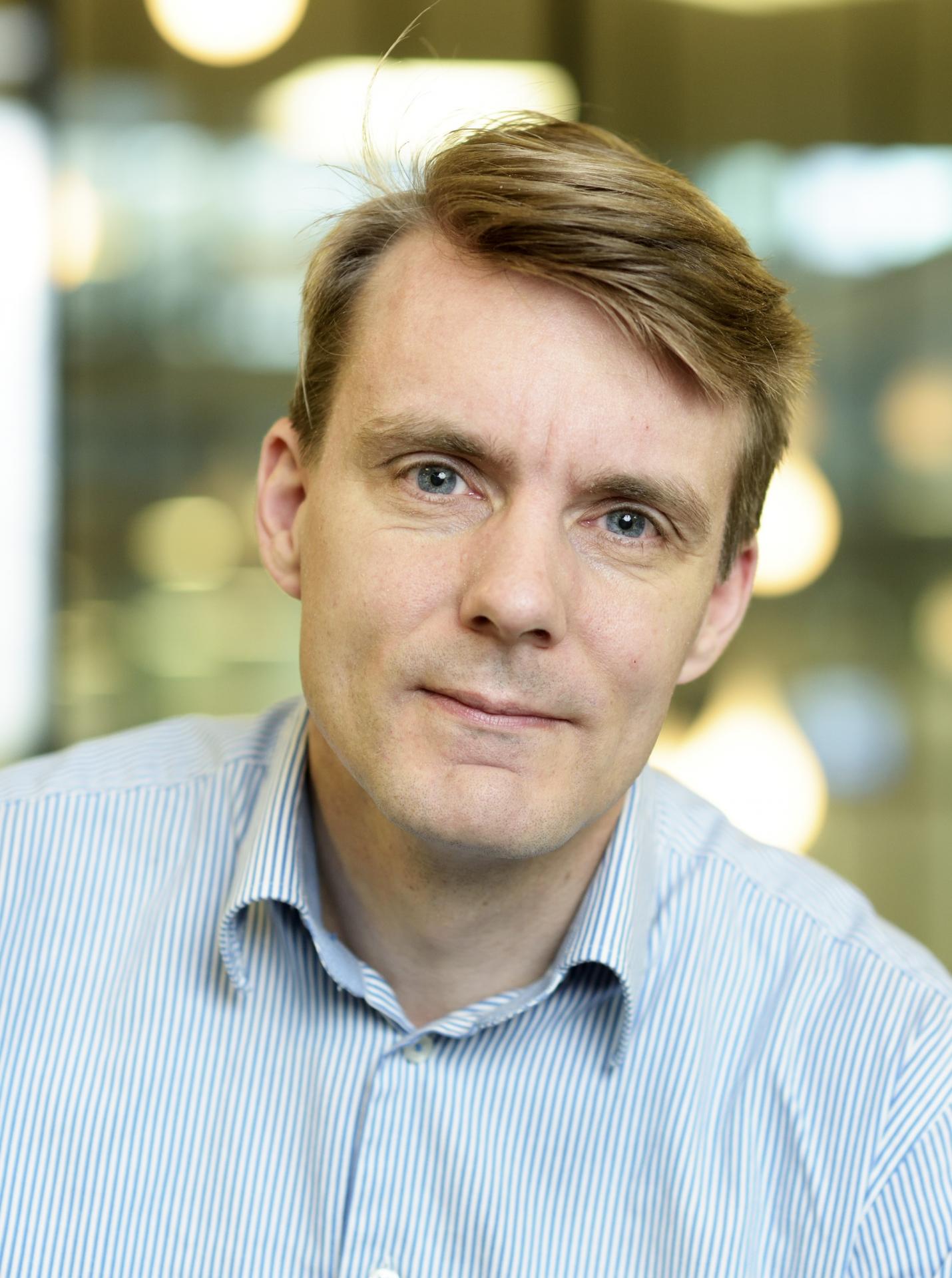TOM2: Computational, Adaptive and Freeform Optics - focus on Illumination, AR/VR and information driven systems
Chairs
 |
Wilbert IJzerman |
 |
Alois Herkommer University of Stuttgart (DE) |
Synopsis
The focus of this topical meeting will be to explore and discuss new trends and developments within the fast-evolving field of "enhanced" optical systems. Either enhanced by freeform optical surfaces, adaptive optics or enhanced by computational methods. Freeform optical components -refractive, reflective, and gradient index- offer great opportunities to realize non- or low-symmetry optical systems with new functionalities, high optical performance, or reduced complexity. This implies to imaging and non-imaging systems and optical systems with very special requirements, such as in applications to augmented reality and virtual reality. However, the manufacturing, characterization, assembly, and optical testing of such systems is challenging. Another leverage for modern optical systems is the evaluation or processing of imaging and metrology data by computational post-processing, which enables the extraction of previously inaccessible information. Adaptive illumination systems optimize the information gathered from the photons that interact with the object. In freeform, spectral, lensless, or disordered imaging systems, diffraction and scattering yield patterns from which image information can be retrieved through calculations, reducing the optical complexity or even completely eliminating the lens system. Moreover, computational methods, respectively AI or ML algorithms should also be considered or even employed during the design of such systems
Topics
- Computational optics
- Computational imaging
- Freeform optics and optical systems with reduced symmetry
- Optics for AR/VR systems
- Adaptive optics
- Information driven systems
- Complex or active illumination systems
- Design methods for computational optical systems
- Holistic design and simulation methods, including imaging and information processing, sensors and displays
- Artificial intelligence (AI) and machine learning (ML) for optical design and information processing
- Design of folded, non-symmetric optical systems
- Design of (freeform-)GRIN optics
CALL FOR PAPERS
SUBMIT
Program Committee
Aurele Adam, TU Delft (NL)
Youri Meuret, KU Leuven (BE)
Norbert Kerwien, Zeiss (DE)
Pablo Benitez, IMBAK, Universidad Politécnica de Madrid (ES)
Andy Harvey, University of Glasgow (UK)
Invited Speakers
Juergen Czarske, Technische Universität Dresden (DE)
Andrew Robert Harvey, University of Glasgow (UK)
Tom Vettenburg, University of Dundee (UK)
